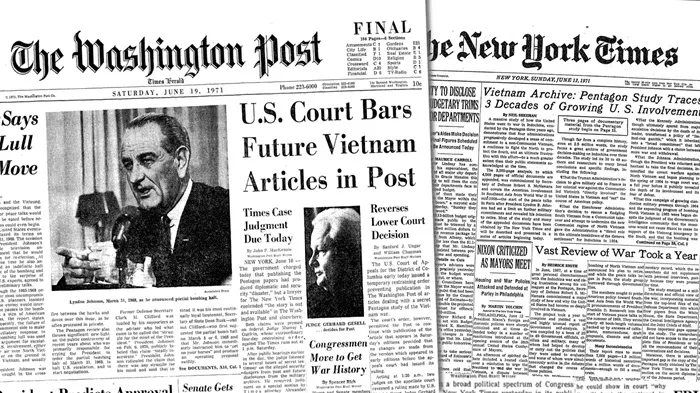June 13th stands as a significant date in American history, witnessing a variety of events that have shaped the nation’s trajectory and identity. From key moments in the struggle for independence to landmark decisions in the realm of civil rights and social justice, this date serves as a reminder of the diverse tapestry of American history. In this detailed exploration, we delve into the notable events that have taken place on June 13th throughout American history, providing insights into their contexts, impacts, and lasting legacies.
The Birth of William Butler Yeats (1865)
On June 13, 1865, William Butler Yeats, one of the most celebrated poets of the 20th century, was born in Sandymount, Ireland. While Yeats was not born in America, his influence on American literature and culture cannot be understated. His works, including “The Second Coming” and “The Tower,” resonated deeply with American readers and writers, shaping the course of modern poetry in the United States.
Yeats’ poetic vision, infused with themes of mythology, mysticism, and Irish nationalism, captured the imagination of American audiences and inspired generations of poets and artists. His legacy continues to reverberate in American literature and beyond, serving as a testament to the power of art to transcend borders and cultures.
The Continental Congress Adopts the Olive Branch Petition (1775)
On June 13, 1775, the Second Continental Congress adopted the Olive Branch Petition, a last-ditch effort to reconcile differences with Great Britain and prevent further escalation of hostilities. The petition, drafted by John Dickinson and Thomas Jefferson, expressed loyalty to King George III while appealing for a peaceful resolution to the growing conflict between the American colonies and the British government.
Despite its conciliatory tone, the Olive Branch Petition failed to achieve its intended purpose. King George III rejected the petition and declared the American colonies to be in a state of rebellion. The rejection of the Olive Branch Petition further inflamed tensions and ultimately contributed to the outbreak of the American Revolutionary War.
The Burning of Washington, D.C. (1814)
On August 24, 1814, during the War of 1812, British forces invaded Washington, D.C., and set fire to numerous government buildings, including the White House and the Capitol. The burning of Washington, D.C., on June 13, 1814, was a humiliating blow to American morale and a symbolic victory for the British.
The destruction of Washington, D.C., underscored the vulnerability of the young nation and highlighted the need for a stronger defense infrastructure. In the aftermath of the attack, efforts were made to rebuild and fortify key government buildings, laying the foundation for the modern capital city we know today.
See also: What Happened on May 13 in American History?
The New York Times Publishes the Pentagon Papers (1971)
On June 13, 1971, the New York Times began publishing the Pentagon Papers, a classified government study that revealed the extent of U.S. involvement in the Vietnam War. The publication of the Pentagon Papers, which had been leaked by military analyst Daniel Ellsberg, exposed the lies and deceptions surrounding the war and fueled public opposition to the conflict.
The release of the Pentagon Papers ignited a legal and political firestorm, with the Nixon administration seeking to suppress further publication of the documents. The Supreme Court ultimately ruled in favor of the New York Times and upheld the principle of press freedom, affirming the vital role of the media in holding government accountable.
Conclusion
June 13th is a date steeped in American history, marked by moments of triumph and tragedy, progress and setback. From the adoption of the Olive Branch Petition to the burning of Washington, D.C., from the murder of Medgar Evers to the publication of the Pentagon Papers, the events of this date reflect the complexity and resilience of the American experience. As we reflect on the significance of June 13th, may we draw inspiration from the struggles and triumphs of the past as we strive to build a more just and equitable future.

